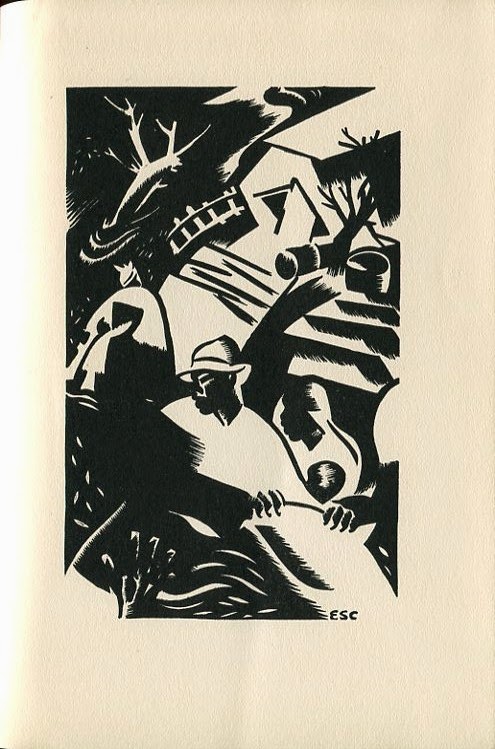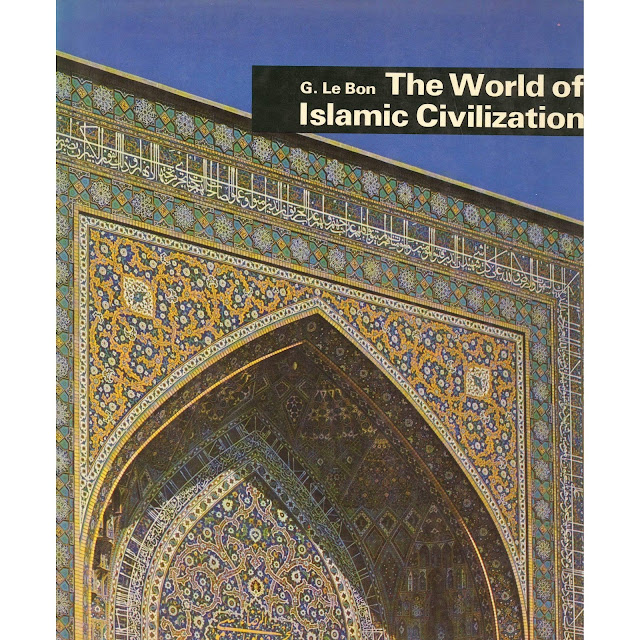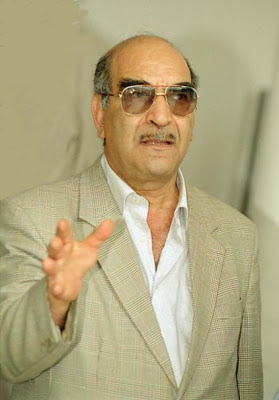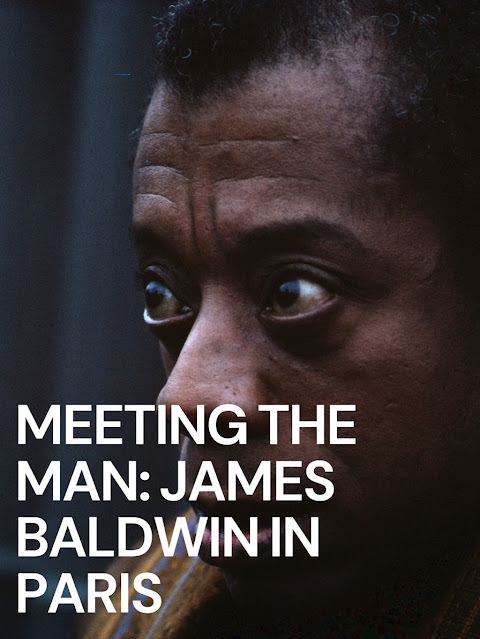A documentary portrait of James Baldwin, one of the towering figures of 20th-century American literature, Black culture and political thought, filmed in Paris. The iconic writer is captured in several symbolic locations in the city, where he was living at the time, including the Place de la Bastille. A meeting with James Baldwin doesn't quite go according to plan for a group of presumptuous white filmmakers in this Paris-set documentary short. (text IMDB) "Meeting the Man: James Baldwin in Paris" (1970) Director/Writer: Terence Dixon [James Baldwin]: "I am still, for Europe, a savage. When a white man tears down a prison, he is trying to liberate himself. When I tear down a prison, I'm assumed to be turning into another savage. Because you don't understand... that you, for me, my prison. You are my warden. I am battling you. Not you, Terry. But you, the English, you, the French. A whole way of life, a whole system of thought... which has kept me in...










